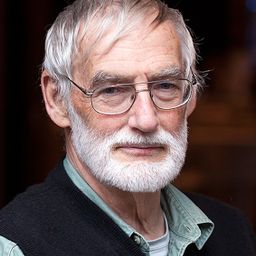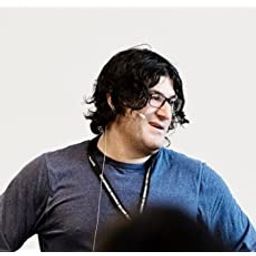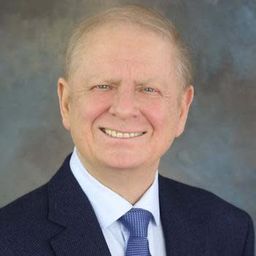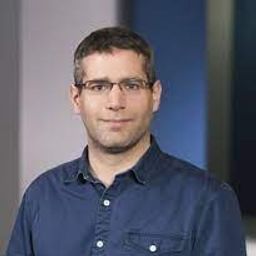
Dennis Meadows
Dennis Meadows is an Emeritus Professor at the University of New Hampshire, where he was Director of the Institute for Policy and Social Science Research. He co-authored the pioneering 1972 report The Limits to Growth, which analyzed the long-term consequences of unconstrained resource consumption driven by population and economic growth on a finite planet.
From 1970 to 1972 at Massachusetts Institute of Technology MIT, he was director of the "Club of Rome Project on the Predicament of Mankind".He has been the Director of three university research institutes: at MIT, Dartmouth College and the University of New Hampshire. He is the Past President of the international system Dynamics Society and the International Simulation and Games Association.
He has facilitated workshops and developed innovative and complex strategic games all over the world for decades.
He has been a corporate board member and a consultant for government, industry and non-profit groups in the U.S. and many countries abroad. He co-founded the Balaton Group in 1982, an international network of over 300 professionals in over 30 nations involved in systems science, public policy and sustainable development.
He has received numerous international awards for his work, including the Japan Prize in 2009.
Sessions auxquelles Dennis Meadows participe
Lundi 24 Mai, 2021
The phenomenon of climate change is still characterized by large uncertainty and ambiguous vocabulary. Thus rational discussion is difficult. In this workshop, Professor Meadows will discuss the theory and demonstrate the practice of using simple, manual games easily to convey important features of climate change.Dennis Meadows, et. al., The Climate Change Playbook, Chelsea Green Publishing, White River Junction, VT 2016.Chapter 4: ”Why Systems Surprise Us,”...
Mardi 25 Mai, 2021
Abstract: Concern about the weather ranges from local, short-term weather reports to projections of global, centuries-long climate trends. The formal models required to provide these various data differ enormously according to the desired time horizon and geographic scope. Professor Meadows will discuss some theoretical considerations and illustrate different approaches.“Part II. Modeling paradigms” in The Electronic Oracle, Computer Models and Social Decisions, D. Meadows a...








